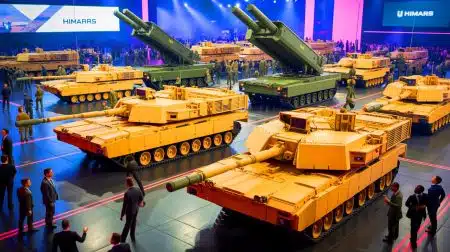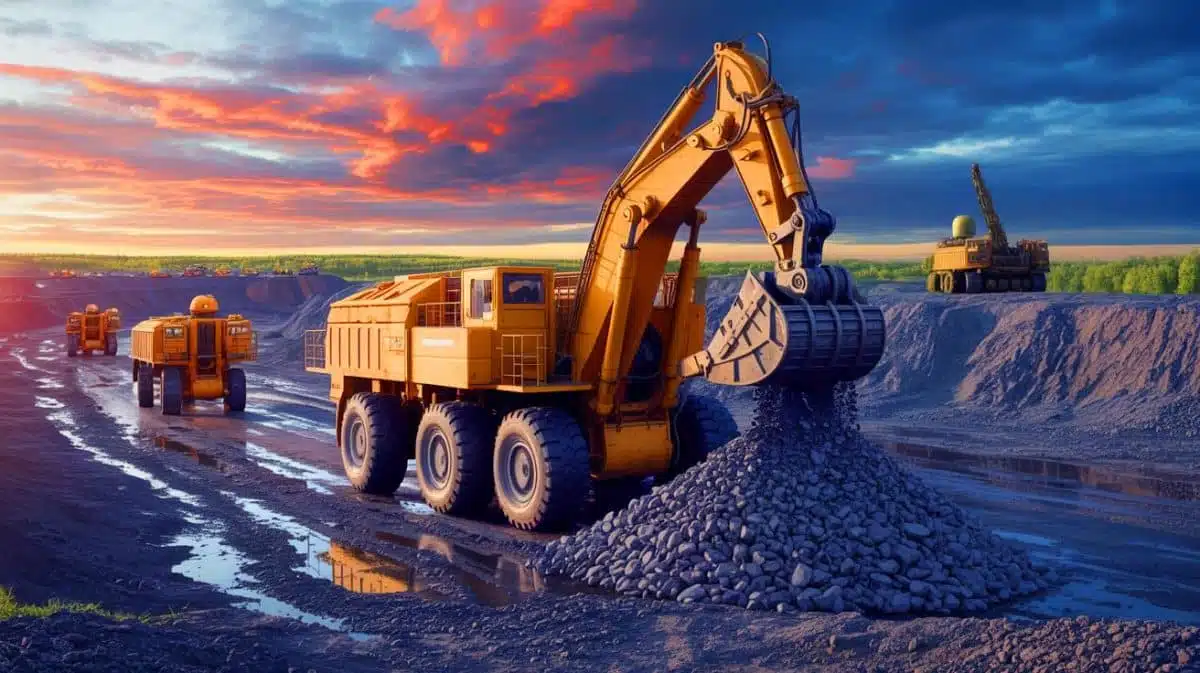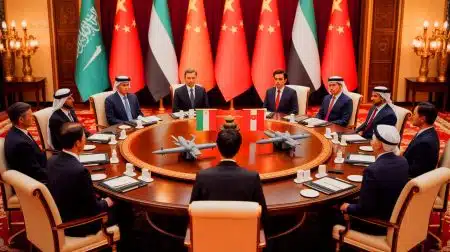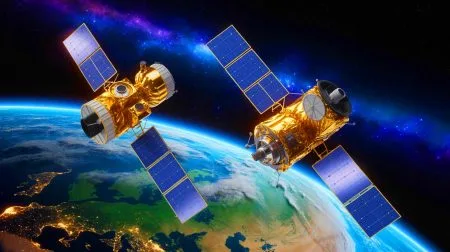| IN A NUTSHELL |
|
The recent occupation of a lithium-rich area near Shevchenko by Russian forces in Ukraine’s Donetsk region has captured global attention. This strategic maneuver highlights the increasing importance of natural resources in geopolitical conflicts. The area, spanning about 250 acres, contains one of Europe’s most significant lithium reserves. As global demand for lithium rises due to decarbonization and technological advancements, control over such resources becomes ever more valuable. This article examines the impact of Russia’s control over this site and its influence on global mineral security and geopolitical dynamics.
Understanding the Importance of Shevchenko’s Lithium Reserves
The Shevchenko deposit is located approximately six miles from Velyka Novosilka, a town captured by Russian troops earlier this year. Despite the town’s limited tactical significance, its underground resources hold immense strategic value. Often referred to as “white gold,” lithium is a critical component in the production of batteries for electric vehicles, aerospace materials, energy storage systems, and electronics. The demand for lithium is surging in parallel with global decarbonization efforts and military modernization programs.
In 2022, lithium prices soared to over $87,000 per ton, reflecting its high demand and value. Although prices in China dropped to around $9,300 by June 2025, the mineral remains commercially and strategically significant. By occupying the Shevchenko site, Russia not only gains a valuable resource but also consolidates its control over Ukraine’s natural assets. This occupation exemplifies a broader pattern aimed at targeting critical resources, potentially hindering Ukraine’s post-war recovery and future international investments.
Impact on Ukraine’s Economic Prospects
Before the invasion, the area around Shevchenko had attracted considerable foreign interest for development, as Ukrainian state agencies sought to reduce dependency on imported raw materials. However, Russia’s occupation disrupts these plans and poses a significant challenge to Ukraine’s economic prospects. Analysts speculate that this move is part of a larger Russian strategy to dominate resource corridors, thereby blocking Ukraine’s access to domestic revenue streams.
With Russia controlling critical mineral extraction sites, Ukraine faces new hurdles in rebuilding its industrial base. This is particularly concerning as international support for reconstruction frameworks continues to grow. The occupation affects not only Ukraine’s immediate economic recovery but also raises doubts about its long-term industrial stability and ability to attract foreign investment.
A Major Challenge for the U.S. and Allies
In May, the United States and Ukraine signed a bilateral agreement to launch the Investment Fund for Reconstruction and Critical Mineral Partnership. This initiative, a 50/50 joint project between Washington and Kyiv, aims to direct investments in mining, oil, gas, infrastructure, and processing projects within Ukraine. The Shevchenko lithium deposit was identified as a potential development site under this program.
With Russia controlling this area, the feasibility of these plans is at risk. The occupation calls into question the efforts of the U.S. and Europe to establish resilient, non-Chinese supply chains for battery-grade lithium and other essential minerals. As global competition intensifies, the strategic importance of mineral security for NATO and EU member states becomes crucial. Lithium, cobalt, and rare earths are integral to energy transitions, defense production, and economic stability, making them a central issue in international political and security discussions.
Geopolitical and Economic Implications
By expanding their presence in Donetsk and controlling the Shevchenko lithium deposit, Russia enhances its ability to influence regional resource flows and broader geopolitical dynamics. This move underscores the growing role of mineral deposits in global markets and modern hybrid warfare, where economic assets are as fiercely contested as territorial borders. The occupation of such critical mineral sites illustrates the complex interplay between resource control and geopolitical strategy, revealing how nations leverage natural assets to bolster their global standing.
The strategic importance of the Shevchenko site and similar reserves cannot be overstated. As nations grapple with the challenges of energy transition and supply chain security, control over critical minerals is likely to shape future diplomatic and economic landscapes. In light of these developments, how will the international community respond to the rising threat of resource-driven conflicts?
Did you like it? 4.4/5 (27)







Wow, this is like a plot twist in a geopolitical thriller! 📚
Can Ukraine find alternative sources to counter this setback? 🤔
Thanks for highlighting the importance of lithium in modern conflicts!
Is this the beginning of a new Cold War over minerals?
How long before we see a Hollywood movie about this? 🎬
Does this mean electric vehicle prices will skyrocket now? 😢
Interesting article! But how reliable are these sources?
Isn’t this just a temporary hold? Ukraine will bounce back!